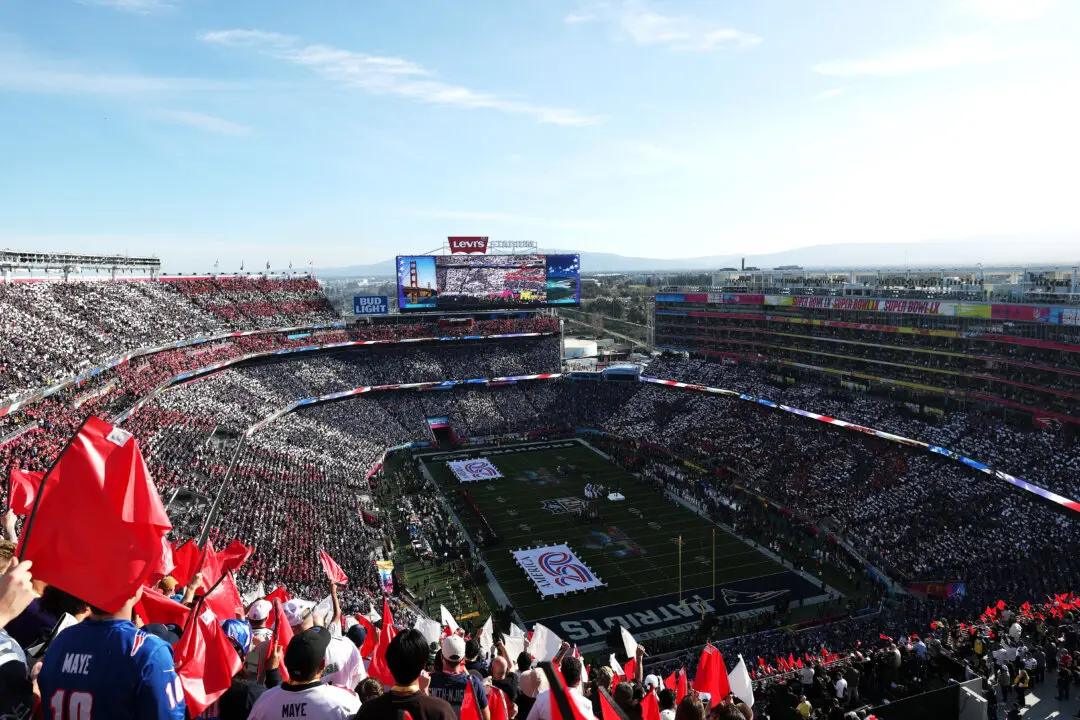Commentary
As a regenerative farmer, I wake each morning to the rhythm of the land—planting seeds, tending crops, and coaxing life from the soil to feed my community. This work is my calling, but it’s also my stand against a looming crisis: Our nation’s food system is a house of cards, teetering on the edge of collapse. Local food is the critical infrastructure that we need to secure it, not just for fresher produce or healthier communities, but as a matter of national security. Yet, this truth is being ignored, and we’re running out of time to act.





